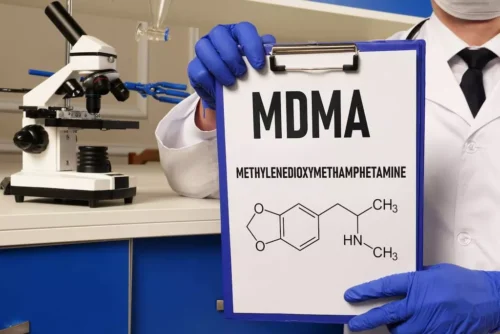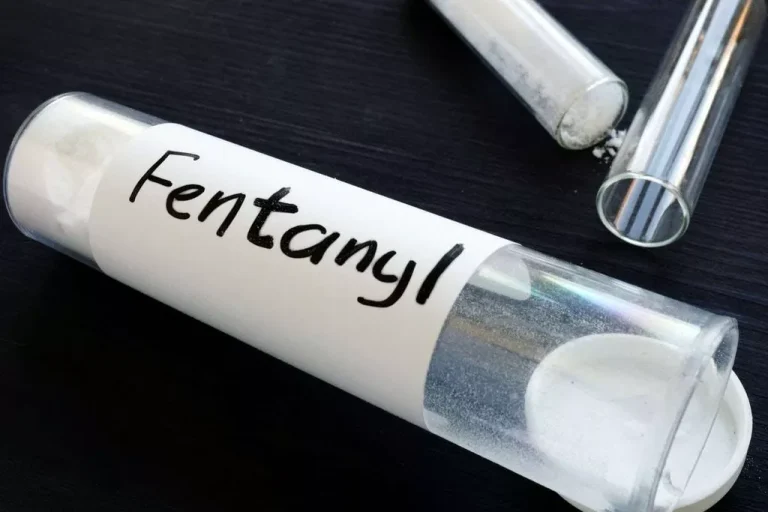
“A cup or two of black coffee with low-fat or nonfat milk with breakfast is a healthy way to start the day, especially when you’re like me and have an 8-year-old that is full of energy! A monthly update filled with nutrition news and tips from Harvard experts—all designed to help you eat healthier. Choose fish, poultry, beans, and nuts; limit red meat and cheese; avoid bacon, cold cuts, and other processed meats. In the U.S., 1 drink is usually considered to be 12 ounces of beer, 5 ounces of wine, or 1½ ounces of spirits (hard liquor such as gin or whiskey). 3 Each delivers about 12 to 14 grams of alcohol on average, but there is a wider range now that microbrews and wine are being produced with higher alcohol content.
- As you progress in your recovery journey, you may find that incorporating moderation techniques, such as setting boundaries or learning to manage cravings, becomes a helpful addition to your treatment plan.
- I can’t even think of how many times I’ve heard the notion that complete, total, abstinence should be the only goal for all people who abuse drug or alcohol.
- A growing body of research explores the link between stroke risk and regular consumption of coffee, tea, soda, and alcohol.
- Of the patients studied, 90% of total abstinence patients were still sober two and a half years after treatment.
Spend time self-reflecting

Additionally, moderation can be a slippery slope for some alcohol drinkers. It can be easy to underestimate the amount of alcohol we actually drink. For example, the moderation guideline for women is one standard drink or fewer in one day, but a generous drink we might order at the bar can easily amount to two or three standard drinks. So, even if we think we’re practicing moderate drinking, we might not be. We are here to help you change your relationship with alcohol and meet your personal goals, whether that is taking a break, cutting back or quitting.
The Benefits of a Sober Life
Our program offers expert medical support, recovery coaching, and a variety of tools and resources—all delivered 100 percent virtually. Learn more about moderation with Ria Health, or find out how our program works. When it comes to recovery, there are arguments for drinking in moderation versus complete abstinence from alcohol. While we may be looking for a definitive answer, both paths to recovery can work for different people. It’s important to note that notable health organizations such as the WHO report that no amount of alcohol is good for our health.
Which Medications are Best for Individuals That Want to Moderate Their Drinking?
The evaluation consists of 11 yes or no questions that are intended to be used as an informational tool to assess the severity and probability of a substance use disorder. The test is free, confidential, and no personal information is needed to receive the result. If you are struggling https://ecosoberhouse.com/article/alcohol-and-pills-what-are-the-effects-of-mixing/ with some of the following signs above, be sure to contact your physician or seek help at a substance abuse treatment facility.

Most people can consider either:
Your unique circumstances, needs, and preferences will play a significant role in determining which path is best suited for you. Here, we outline five crucial factors to weigh when making your decision. At Monument, you can meet with a physician, such as myself, to discuss if medication to stop drinking is appropriate for you. There’s also specialized alcohol therapy where you receive a personalized treatment plan catered to you and your goals.

- They may have adopted a sobriety challenge, such as Sober September or Dry January in order to gain the space to re-evaluate their relationship with alcohol.
- For some of us, moderate drinking might be more sustainable and lower our risk of excessive or binge drinking.
- We pay our respect to their Elders past and present and extend that respect to all Aboriginal and Torres Strait Islander peoples today.
- We haven’t had any in a while, and since we’ve been restricting alcohol completely, our brain could go into an all-or-nothing mindset.
The social aspect of drinking may also be a disadvantage for someone who is abstaining. Let’s say we commit to abstinence, but then a social event comes up and we decide to have a sip, because why not? We haven’t had any in a while, and since we’ve been restricting alcohol alcohol abstinence vs moderation completely, our brain could go into an all-or-nothing mindset. So, although abstinence is undoubtedly better for our overall health, there are some situations where abstinence may not be the best choice.
- Most observational studies are mixed and likely very confounded by other diet and lifestyle factors.
- However, if you truly feel you might have alcohol dependency, take this test, then give us a call.
- There’s an episode in the TV series Friends where Chandler tries to quit smoking.
- However, it’s important to keep in mind that naltrexone will not prevent you from becoming inebriated or drunk from alcohol.
- This method acknowledges that for some individuals, complete abstinence may not be a realistic or necessary solution.
- However, when someone starts on a journey of sobriety, it doesn’t necessarily mean they are committing to a lifetime of abstinence.
For some people, drinking in moderation can be a viable pathway to a healthier life. According to the National Institute on Alcohol Abuse and Alcoholism (NIAAA), the definition of moderate alcohol use differs for men and women. Zero tolerance is also recommended for individuals with a history of personal AUD when even moderate consumption can pose significant risks. It’s also advised when someone has substance use disorder involving any other type of drug, as there’s a tendency to simply substitute one chemical for another. Mindful drinking also helps us address the root causes of our drinking and helps us develop positive strategies to overcome them. As we increase our awareness about our drinking habits and alcohol’s detrimental effects on our overall health, mindful drinking can progress to abstinence.
